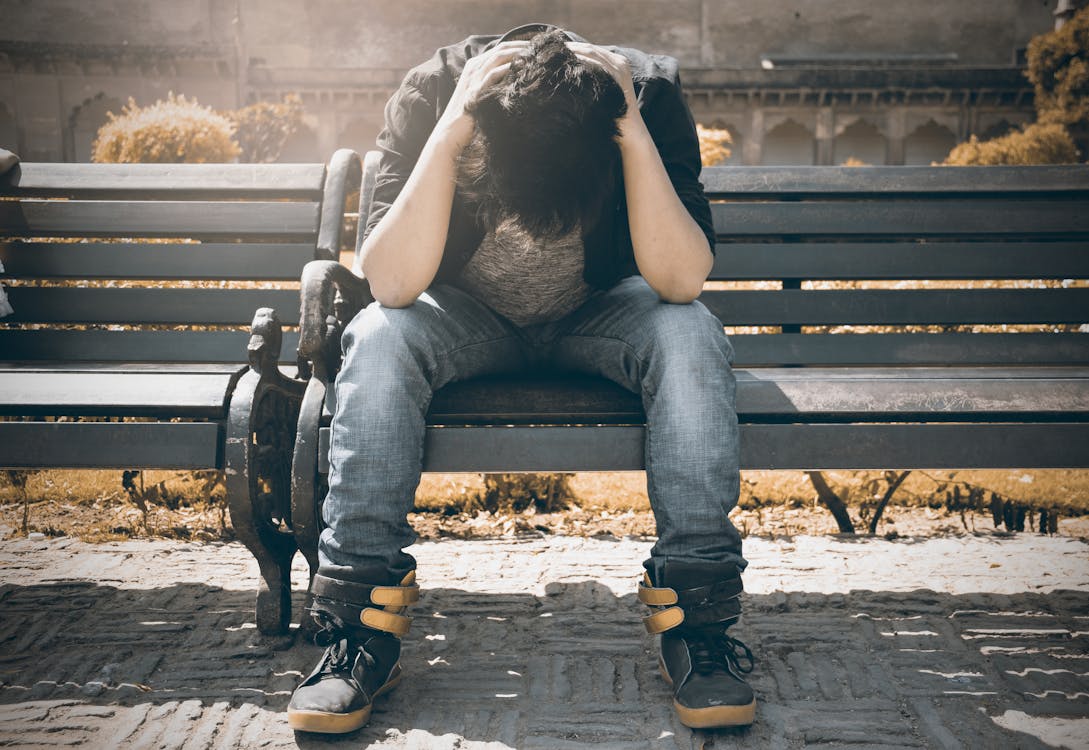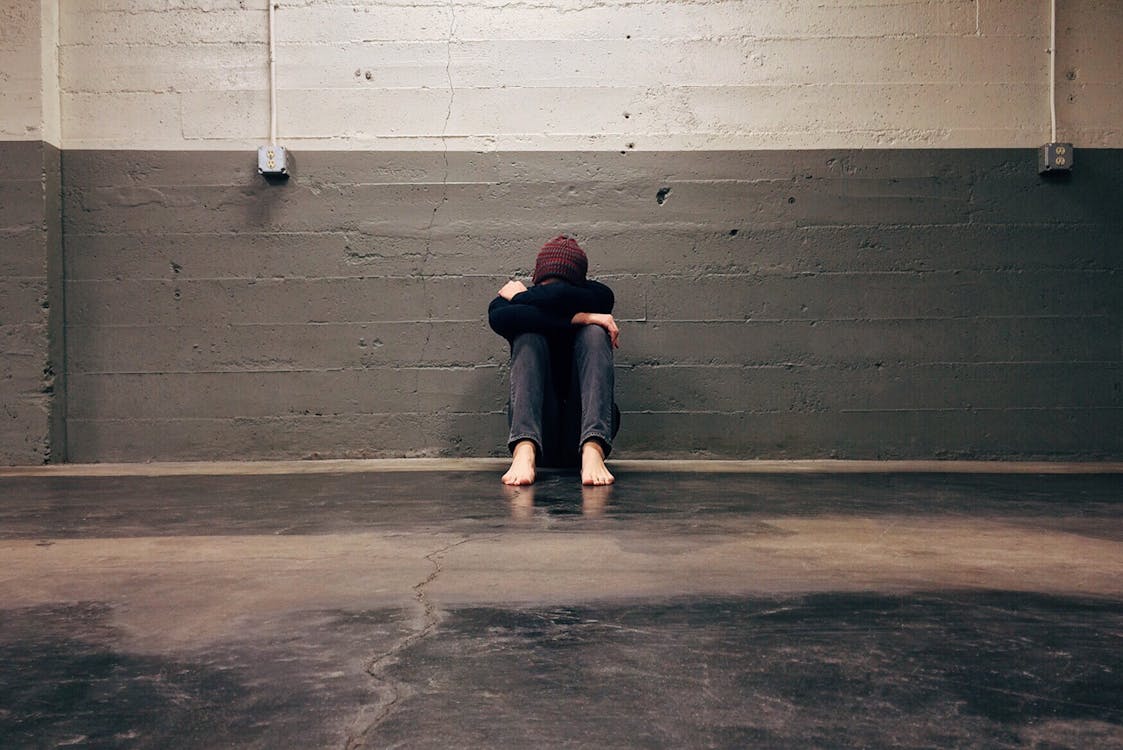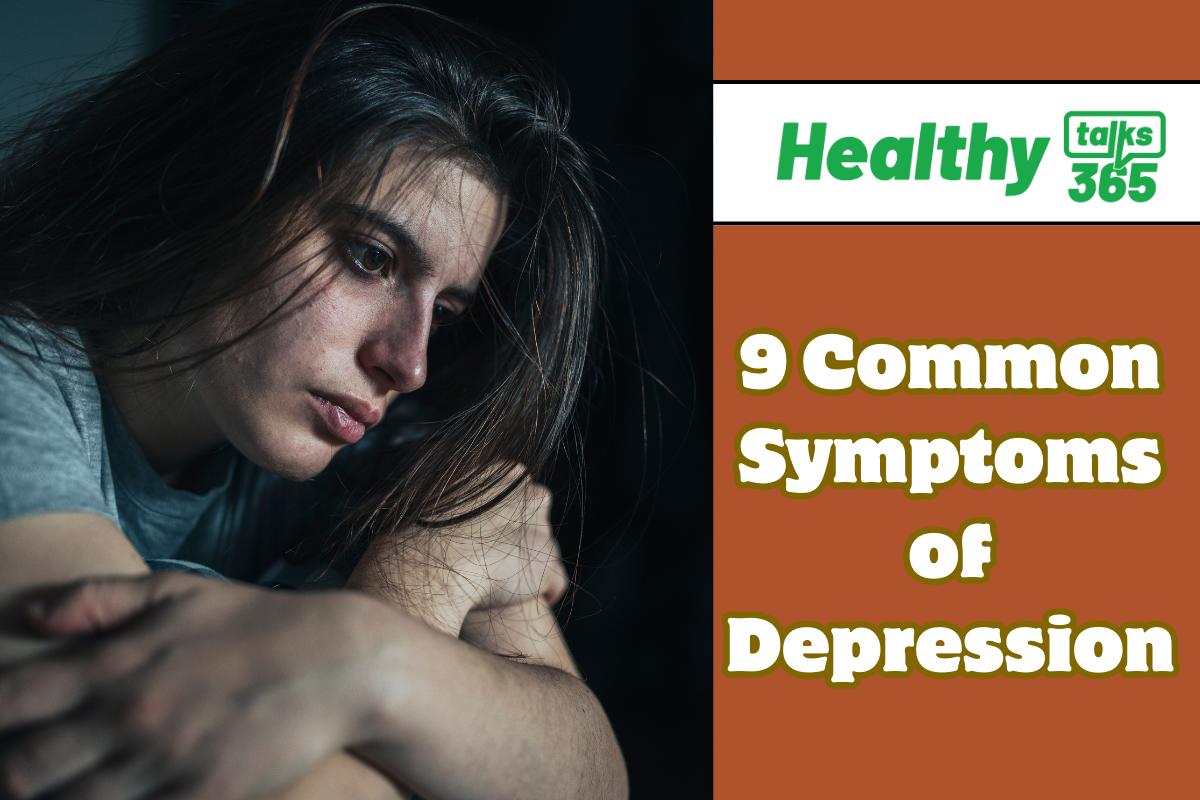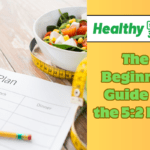9 Common Symptoms of Depression
1. Persistent sadness signifies depression
Feeling sad for a long time could mean someone has depression. But depression involves more than just feeling sad. It can also cause changes in appetite, sleep, and interest in activities. People with depression might feel worthless or have trouble concentrating. Some may even have thoughts of suicide. It’s important to remember that depression affects everyone differently. Getting help early can make a big difference in managing depression and feeling better.
Read Also:
Focus While Studying: 10 Proven Methods
2. Loss of Interest or Pleasure is a symptom of depression
Losing interest in things you used to enjoy is a sign of depression. When someone has depression, they may no longer find pleasure in activities they once liked, like hanging out with friends or doing hobbies. This can make it hard to feel motivated or engaged in life. It’s important to recognize this as a symptom of depression and not just a lack of interest. If you or someone you know is feeling this way, talking to a doctor or therapist can help. They can offer support and guidance to improve how you feel.

3. Changes in appetite or weight can be a symptom of depression
Changes in appetite or weight can happen when someone is depressed. Some people might eat more, while others might eat less. This can lead to weight gain or weight loss. It’s important to notice these changes and get help if needed. Not everyone with depression will have these symptoms, but if you do, talking to a doctor can help you feel better. They can offer support and treatment to improve your well-being.
4. Sleep Disturbances can be a symptom of depression
Trouble sleeping is common in depression. When someone is depressed, they might find it hard to fall asleep, stay asleep, or wake up too early. This can make them feel tired, grumpy, and have trouble focusing during the day. Fixing sleep problems is important when treating depression. Simple things like sticking to a bedtime routine and seeking help from a doctor can make a big difference.
5. Fatigue or Loss of Energy is a symptom of depression
Feeling tired or having no energy is common in depression. When someone is depressed, they might feel exhausted all the time, even for simple tasks. This constant fatigue can make it hard to do things they used to enjoy. It can also make them irritable and have trouble focusing. Recognizing tiredness as a symptom of depression is important. With the right treatment and self-care, it’s possible to feel more energetic and better overall.
Read Also:
Healthy Foods For Keeping Healthy Weight In Winters Cold
6. Feelings of Worthlessness or Guilt are prevalent in depression
Feeling worthless or guilty is common in depression. When someone is depressed, they might feel really bad about themselves. They might think they’re not good enough or that they’re a burden to others. These feelings can be really tough to deal with and can make them feel even worse. It’s important to know that these feelings are part of depression and not true. Talking to someone, like a friend or therapist, can help them feel better and learn to think more positively. With time and support, they can start to feel better about themselves.

7. Difficulty Concentrating can be a symptom of depression
Having trouble focusing is often a sign of depression. When someone is depressed, they might find it hard to pay attention or remember things. This can make it tough to do schoolwork, chores, or other tasks. They might feel easily distracted or forgetful, which can be frustrating. It’s important to know that this trouble with concentrating is because of depression and not something they’re doing wrong.
8. Psychomotor Agitation or Retardation
Psychomotor agitation or retardation are changes in how a person moves that can happen with depression. Agitation means they might move around a lot and feel restless, while retardation means they might move more slowly and feel sluggish. These changes can affect how they do daily tasks and interact with others. For example, someone who’s agitated might have trouble sitting still, while someone who’s experiencing retardation might seem slow or tired. These physical symptoms often come with other signs of depression, like feeling sad or tired.
9. Irritability or Agitation is a symptom of depression
Feeling easily annoyed or restless is a common sign of depression. When someone is depressed, they might get upset or frustrated over small things more often. This irritability can make it hard to get along with others and can affect their relationships. Sometimes, they might also feel physically restless, like they can’t sit still. It’s important to know that these feelings are part of depression and can get better with help from a doctor. With support, they can learn to manage these feelings and feel happier overall.




